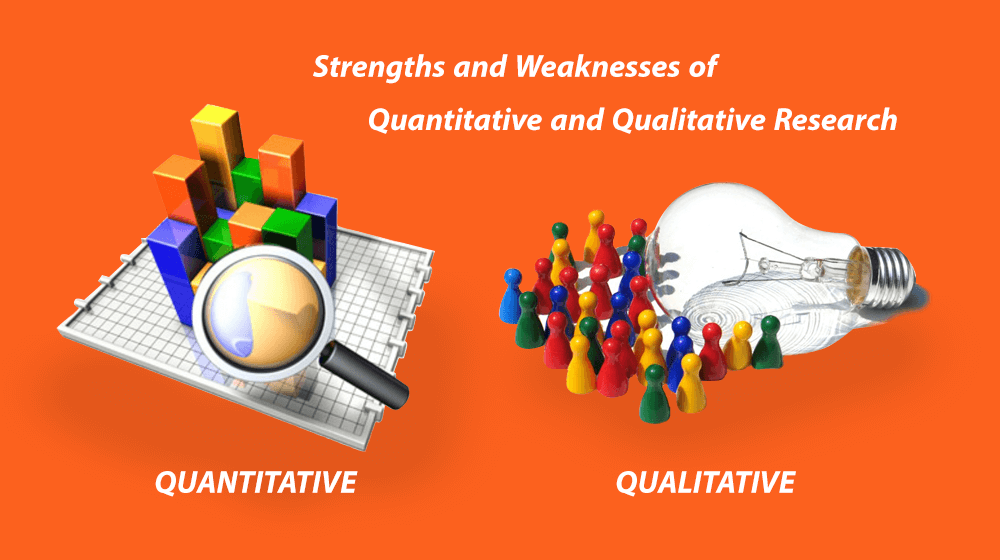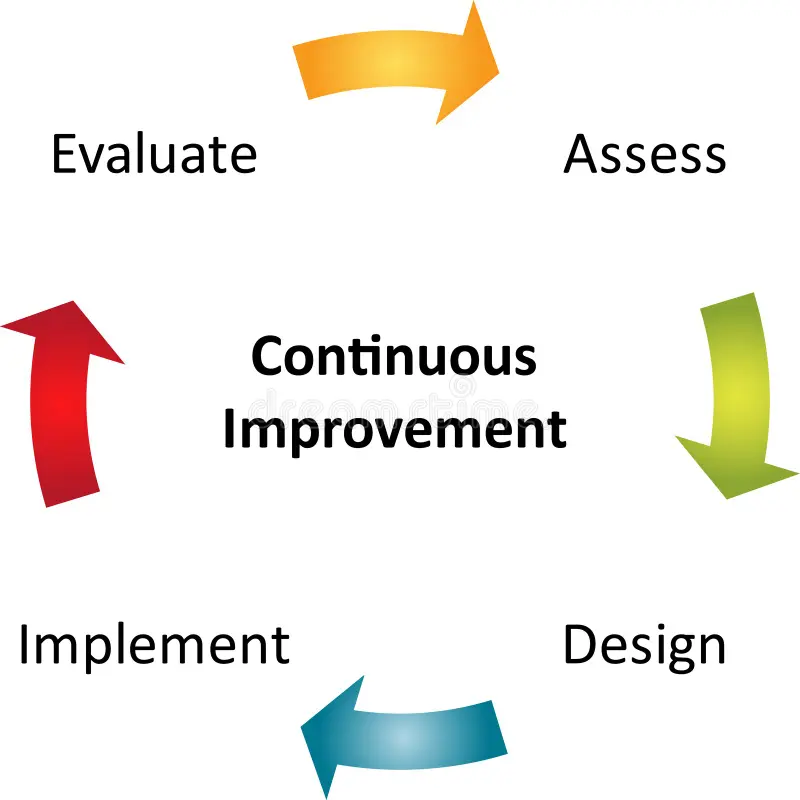How to Choose the Right Research Methodology?

Today, we'll be discussing an important topic: how to choose the right research methodology. Selecting the appropriate methodology is crucial to ensure accurate and meaningful results. So, let's dive right in!
Step one: Define your research question.

Clearly identifying your research question will help you determine the specific information you need to gather and the overall goal of your study. Take your time to articulate a well-focused question that aligns with your research objectives.
Step two: Understand your research objectives.

Think about what you want to achieve with your research. Are you aiming to explore a topic in-depth, establish cause and effect relationships, or develop a new theory? Understanding your objectives will guide your choice of methodology.
Step three: Consider the nature of your research.

Different methodologies are suited for different types of research. For example, if you're conducting a qualitative study, methods like interviews or focus groups may be more appropriate. On the other hand, quantitative research often involves surveys or experiments.
Step 4: Review existing literature

Familiarize yourself with the work that has already been done in your field. Understanding the methodologies used in previous studies will give you insights into what has been effective and what hasn't. This knowledge will help you make an informed decision.
Step 5: Assess available resources.

Consider the resources at your disposal, such as time, budget, equipment, and access to participants or data. Some research methodologies require more extensive resources than others. Make sure you choose a methodology that is feasible within your constraints.
Step 6: Seek expert advice.

Consult with experienced researchers or mentors who can provide guidance on selecting the appropriate methodology for your study. They can offer valuable insights and help you avoid potential pitfalls.
Step 7: Pilot testing

Before fully committing to a specific methodology, conduct a small-scale pilot study. This allows you to identify any potential issues or challenges and make necessary adjustments. Piloting helps refine your methodology and increases the chances of success in your final study.
Step 8: Continuously evaluate and adapt.

Research is an iterative process, and you may need to make adjustments along the way. Regularly evaluate your methodology and its effectiveness in addressing your research question. Don't be afraid to modify your approach if needed.
Choosing the right research methodology is a critical step in conducting a successful study. By defining your research question, understanding your objectives, considering the nature of your research, reviewing existing literature, assessing available resources, seeking expert advice, conducting pilot testing, and continuously evaluating and adapting, you can increase the chances of obtaining reliable and meaningful results.
